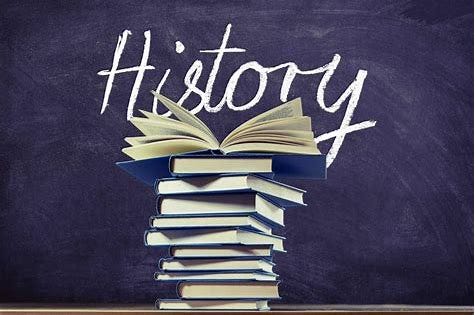Read a History Book—It’s Good for Your Soul!
Reading a history book can significantly enrich our souls in various ways and allow us to engage fully with the See-Judge-Act methodology, a process used in social analysis and action. When applied to reading history books, this approach offers numerous advantages beyond simply absorbing facts and stories. History books can shape our perceptions, values, and morals, cultivating a strong identity.
Perspective and Empathy: History books often explore the lives of individuals from various eras and cultures, offering a broader view of human experiences. This can foster empathy and understanding, making us more compassionate and open-minded. Learning about the past helps us grasp why people hold specific values and behave as they do today, connecting us more deeply with diverse cultures and places; think Sitz Im Leben, a German term that refers to the social and cultural context in which a text is produced and understood. Examining historical experiences allows us to make sense of modern-day problems and see everything from a different perspective.
Self-Reflection: Learning about historical events and figures can inspire introspection and discernment. By understanding the challenges and triumphs of others, we can gain insights into our own lives and personal growth. Reading history allows us to engage in discernment—the art of judging that enables us to appreciate and recognize the differences between ourselves and those who came before us. History books provide facts and lessons for every aspect of life, helping us connect with others' experiences and broaden our perspective. Consider why we study the lives of Cardijn, Albert Nolan, Bonhoeffer, and Merton.
Inspiration and Motivation: History contains resilience, courage, and innovation stories. Learning about these tales can inspire and motivate us to overcome our challenges and pursue our goals so we can ACT. History can also be entertaining with its uplifting, inspiring, chaotic, and thrilling components. Historical fiction novels, in particular, take real-life events and reshape them in a way that is more accessible for us to read and enjoy. Consider what the parables were doing.
Cultural Appreciation: History often explores various cultures' art, literature, and traditions, enriching our appreciation for diversity and the human experience. By reading about the experiences of others in the past, we can develop a sense of belonging and discover our place in the world. Stories and culture shape how we perceive our nation and our position in the world. They inspire us to ACT. Historical books also play a significant role in helping us learn more about our heritage and ancestry.
Moral and Ethical Lessons: Historical narratives often confront complex moral and ethical issues that challenge us to discern and judge. Engaging with these dilemmas can help clarify our values and principles. Examining past changes and the factors behind them enhances our understanding of recent developments and the influences that may shape the future. This knowledge can inform our present and inspire meaningful changes in our lives, enabling us to act and comprehend the reasons behind our actions.
Connection to the Past: Understanding history can provide a profound connection to the past, helping you recognize our place in the broader human story. Ever watch "Finding Your Roots" with Henry Louis Gates, Jr? What you will notice is how often people experience a connection with their past in ways that help them understand who they are today. This connection can be deeply engaging and meaningful, giving us a clear context for what we encounter daily in the news and allowing us to gain political insight. This way, we can become informed citizens and make wiser decisions.
Critical Thinking: History often offers multiple perspectives and interpretations of events. Engaging with these perspectives can enhance our critical thinking skills and help us cultivate a more nuanced understanding of the world. History teaches valuable lessons about values and morals, sharing stories of those who successfully navigated dilemmas and confronted challenges with courage and determination. These narratives enable us to assess our values and tackle adversities with positivity and perseverance, imparting meaningful lessons through discernment.
Stress Relief and Escapism: Like any good book, a history book can offer a form of escapism, enabling us to step away from daily stresses and immerse ourselves in another time and place. This can provide a welcome break and a sense of relaxation, allowing us to return to our daily lives with a refreshed perspective.
Personal Growth: The lessons and insights acquired from history can significantly enhance our growth, shaping you into a more thoughtful, informed, and empathetic individual. This empowerment can inspire us to continue our journey of learning and self-discovery.
A Sense of Belonging: Grasping the shared human experience throughout history can foster a sense of belonging and connection to others, both past and present.
Reading a history book can enrich our souls by broadening our perspectives, enhancing our comprehension of the world, and offering a sense of connection and purpose.
History can help us understand what it means to be a human being and the difference it makes.


